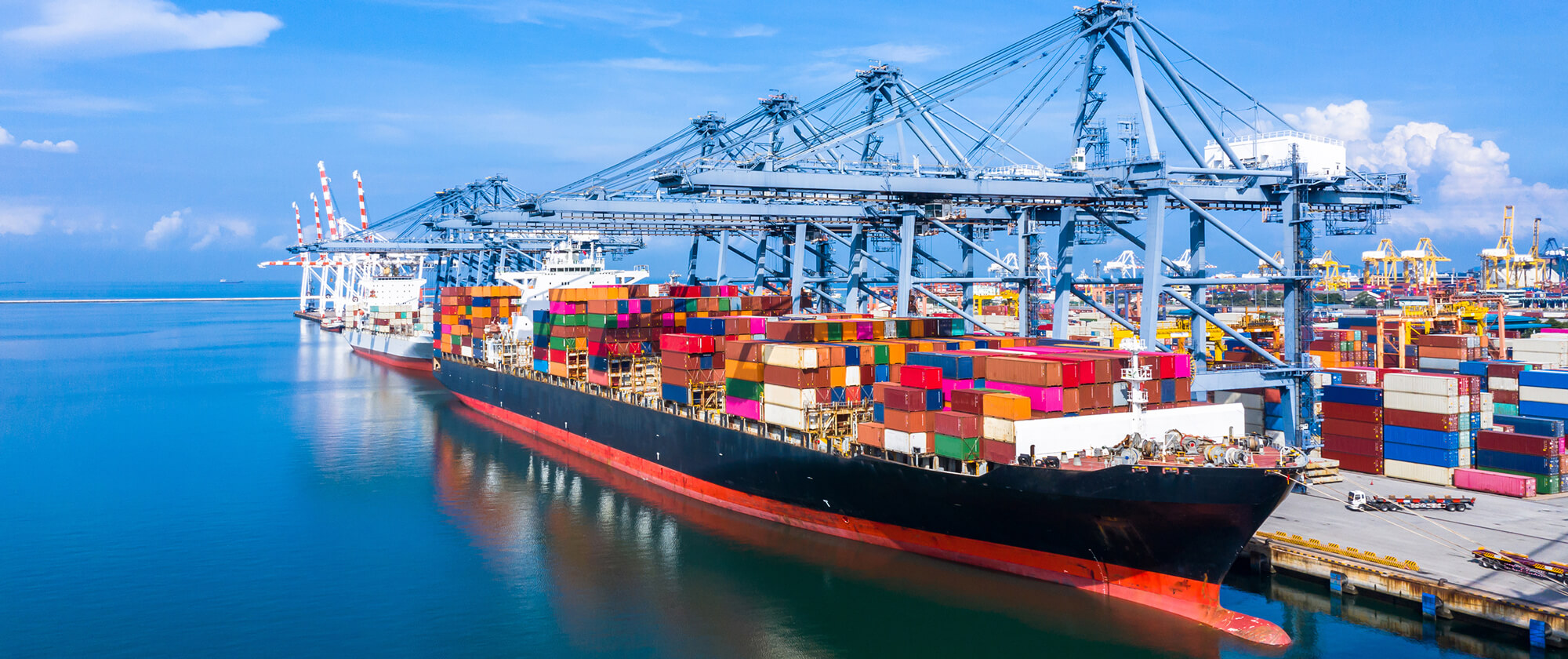For nearly two years, Australia implemented border closures in response to the pandemic, a situation that most of us have never experienced before in our lifetimes. These closures put the nation’s ability to withstand any challenge to the test. Another test came when tensions in Europe escalated.
Despite the difficulties, there were many examples of Australians coming together during these challenging times. However, these events also revealed some significant vulnerabilities.
Shortages of essential medicines and personal protective equipment affected doctors, nurses, and patients. Some supermarket shelves were empty of certain food and groceries. Building sites were forced to halt work temporarily due to a lack of construction supplies. Additionally, long lines of cars queued up at petrol stations at times.
THE UPS & DOWNS OF GLOBALISATION
Australia has been an active participant in the global economy, benefiting from the interconnectedness of countries and the ability to easily trade goods and services. However, recent years have brought attention to the risks associated with relying heavily on international trade for sourcing decisions. The dependability of trusted supply chains has been put to the test. The transport of essential commodities can introduce biosecurity risks and impact efforts to achieve net zero targets. Additionally, our reliance on global supply chains and just-in-time sourcing has resulted in a short-term supply of essentials, including fuel, which can affect vehicle operations and backup generators for critical services during power outages. Australia depends on dispersed critical infrastructure, such as ports, airports, mining, electricity assets, water supply, and food supply chains, to keep our cities functioning day-to-day, where the majority of Australians reside.
A NEW BALANCE THAT AUSTRALIA CAN TRUST
In order to ensure the long-term sustainability of our economy, it is essential to re-evaluate our assumptions of what is necessary. We must also be mindful of the need to avoid the temptation to always strive for the lowest possible cost of production during periods of stability, as costs can quickly increase during periods of volatility. This does not imply that we should abandon the development of closer connections with the wider world. Globalisation has made our planet more open and prosperous, however, a new equilibrium is needed. For the things that cannot be done without, we must reassess our strategic sourcing and diversification strategies, as well as our near-sourcing and risk-reduction strategies. When the next global crisis does occur – as it will – we must be able to sustain ourselves or partner with reliable blocks.
In summary, it is necessary to
- Grow our high-tech manufacturing sectors and explore vertical integration opportunities where synergies exist, enabling us to better compete with low-cost economies and/or enhance the security of essential commodities (e.g. through the extraction of precious metals to power batteries).
- It is essential to review, evaluate and take action on critical supply chains where it is simply not feasible to rely on international movements of goods and services which can be interrupted in an instant. Furthermore, ‘friend-shoring’ should be taken into account when it is appropriate to provide an onshore solution, a nearshore solution and an offshore solution.
- In order to meet Australia’s human security requirements, such as health services and supplies, and to produce sufficient energy to meet net zero goals, it is necessary to re-evaluate the supplies Australia needs.
- Take advantage of opportunities to optimise logistics and freight, reduce biosecurity threats, streamline carbon footprints and emissions, and prioritize environmental considerations.
These are jobs for everyone.




